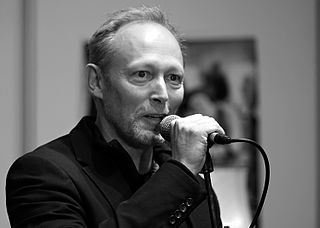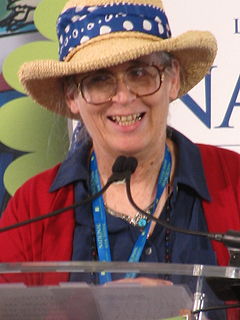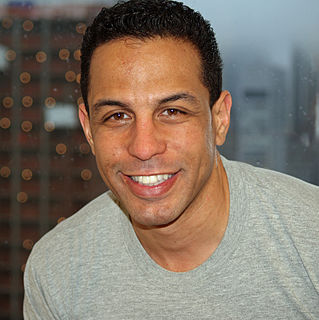A Quote by Lars Mikkelsen
I was in the military, and then I went to university to study biology.
Quote Topics
Related Quotes
I went to the University of Minnesota to study art. I left the university to come to New York and live in Soho. I got involved with like a small kind of like experimental theater-mime company and we discovered that Étienne Decroux, a great mime, was still teaching in Paris so I went to study with him for several years.
Biology occupies a position among the sciences at once marginal and central. Marginal because-the living world constituting but a tiny and very "special" part of the universe-it does not seem likely that the study of living beings will ever uncover general laws applicable outside the biosphere. But if the ultimate aim of the whole of science is indeed, as I believe, to clarify man's relationship to the universe, then biology must be accorded a central position . . .




































